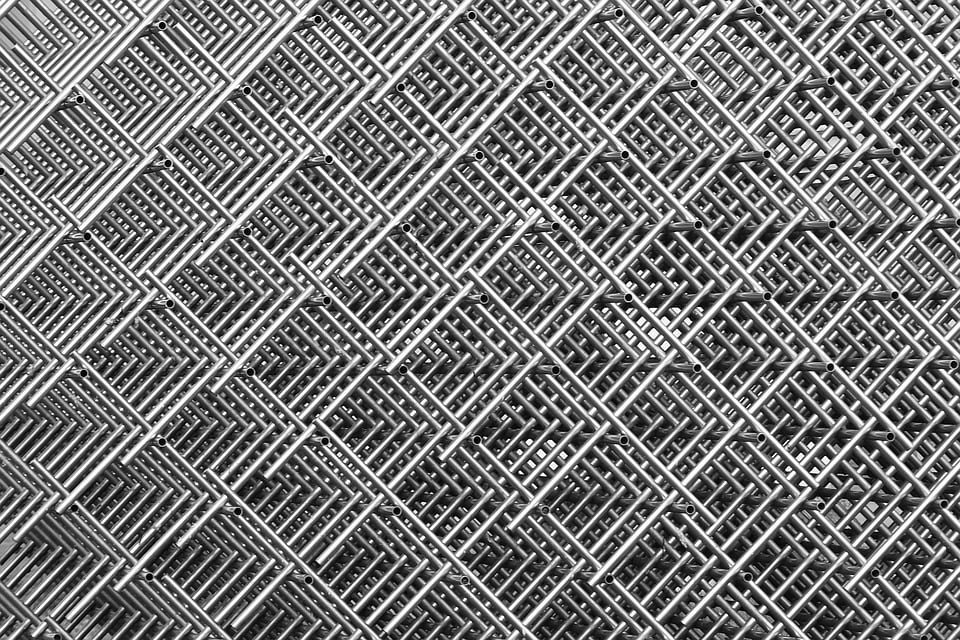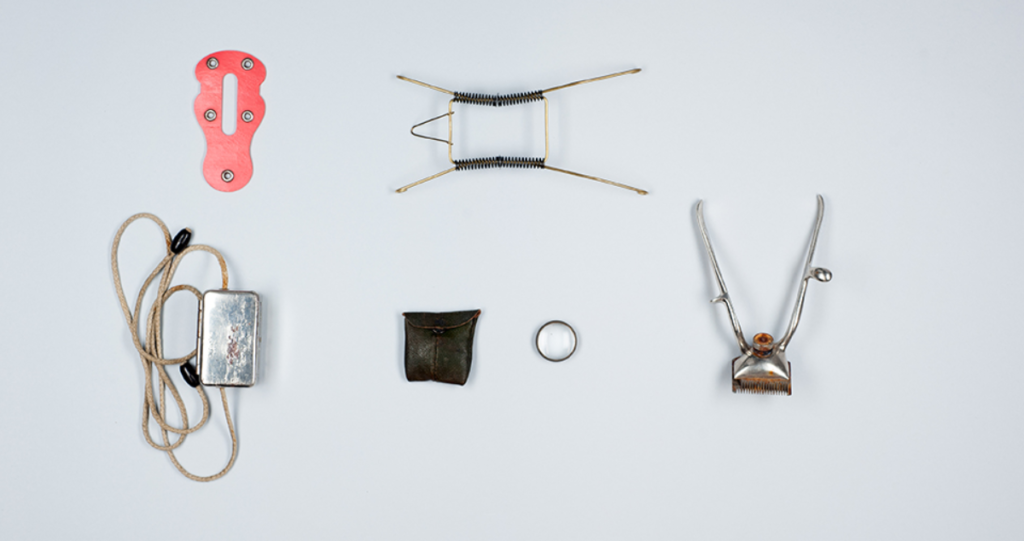Objects and Happiness: How Our Possessions Impact Our Well-Being
In today’s world, it’s easy to get caught up in the pursuit of material possessions. We’re constantly bombarded with advertisements for the latest gadgets, clothes, and cars, and it can be hard to resist the temptation to buy them. But does having more stuff really make us happier?
The answer is not as straightforward as you might think. While it’s true that certain objects can bring us joy, research has shown that the happiness we get from them is often short-lived. In fact, studies have found that the more materialistic we are, the less satisfied we tend to be with our lives.
So what does this mean for us? Does it mean that we should avoid buying things altogether? Not necessarily. Instead, it’s important to understand how our possessions can impact our happiness and how we can use them to our advantage.
The Impact of Objects on Our Happiness
When it comes to objects and happiness, there are two main ways that our possessions can affect us. The first is through the pleasure we get from using them. For example, if you buy a new car, you’ll likely experience a sense of joy and satisfaction when you drive it.
The second way that objects can impact our happiness is through the way they make us feel about ourselves. For instance, if you buy a designer handbag, you may feel more confident and attractive when you carry it.
However, it’s important to remember that these feelings of pleasure and self-esteem are often short-lived. Once the novelty of the object wears off, the happiness we get from it tends to fade.
The Benefits of Experiences Over Objects
When it comes to finding lasting happiness, research suggests that experiences are often more beneficial than objects. Studies have found that people tend to be more satisfied with their lives when they spend their money on experiences, such as vacations or concerts, rather than on material possessions.
This is because experiences tend to create lasting memories that can be enjoyed for years to come. In contrast, objects tend to lose their appeal over time.
How to Use Objects to Enhance Your Happiness
Although objects may not be the key to lasting happiness, they can still be used to enhance our lives. Here are a few tips for using objects to your advantage:
1. Choose objects that have personal meaning. When you buy something, try to choose items that have special significance to you. This could be a gift from a loved one or a souvenir from a memorable trip. These objects will be more likely to bring you joy in the long run.
2. Don’t buy things just for the sake of buying them. Before you make a purchase, ask yourself if it’s something you really need or if it’s just a fleeting desire. If it’s the latter, it’s probably best to save your money.
3. Spend money on experiences. As mentioned earlier, experiences tend to bring more lasting happiness than objects. So if you’re looking for a way to boost your mood, consider spending your money on an experience rather than a material possession.
Conclusion
Objects can bring us joy, but the happiness they provide is often short-lived. To find lasting happiness, it’s important to focus on experiences rather than material possessions. However, this doesn’t mean that objects can’t be used to enhance our lives. By choosing objects that have personal meaning and spending money on experiences, we can use our possessions to our advantage.







